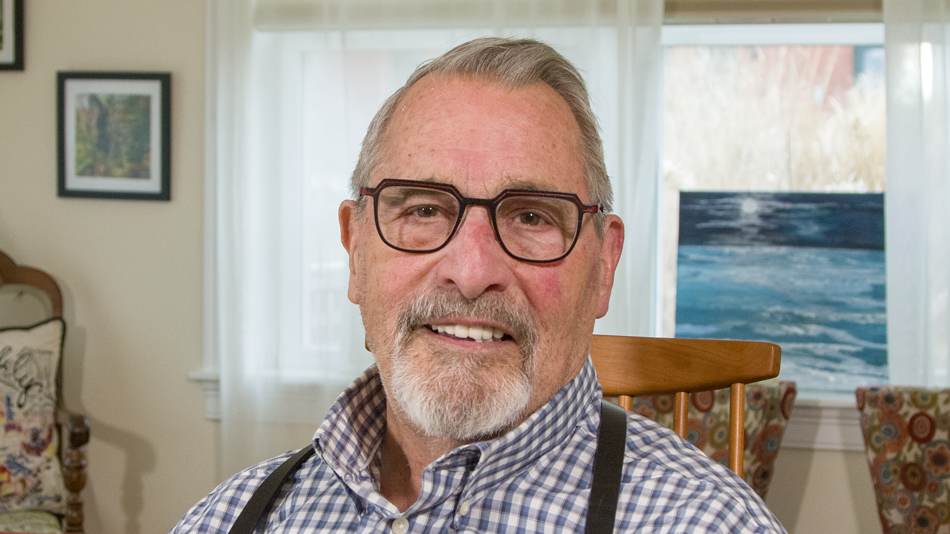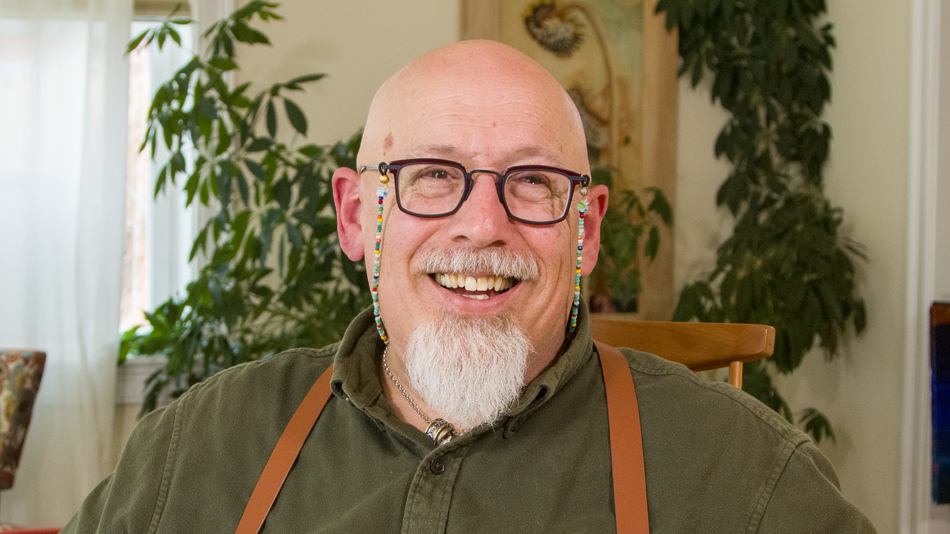
In the summer of 1990 I discovered music. I had been collecting albums since 1983, the year I bought my first records, Cyndi Lauper and Culture Club. But in 1990 it all changed. I stopped listening to music and started feeling it. I would sit in my bedroom and dive into an album. I’d listen to it over and over and over again. And then I’d move to the next one. I sought solace in lyrics. Andy Bell sang falsettos about hiding away. My company loved Morrissey’s misery. Niel Tennant Domino Danced.
In the summer of 1990 I discovered concerts. My first concert was at Merriweather Post Pavilion, a venue set away in the woods of Columbia, MD, a planned community of brown houses and tree-lined streets. My first show was Depeche Mode with Nitzer Ebb. With a group of girls (no guy in my small high school would be caught dead listening to what was then called “alternative” music) I went from concert to concert. That summer I saw Erasure. Sinead O’Connor. New Order. B-52’s. Sugarcubes. Siouxsie & The Banshees. I danced. I sang.
In the summer of 1990 I discovered myself. In the harmonies of electro-pop. In the angst and heartbreak of British blue-eyed soul singer’s words. In the fire in my eyes as I gazed every night upon Stephen Patrick Morrissey’s face perfectly lining my bedroom walls. Posters formed a grid laying out all my escapes. All my first loves. Martin Gore. Neil Tennant. Andy Bell. Robert Smith. Bernard Sumner. Morrissey.
“Alternative” was becoming cool in the early 90s. Weird people were suddenly popular. And though I knew I was gay then, and in hindsight I know I was quite comfortable with it, I took my time and hid behind the “alternative” label. RuPaul and Deee-Lite were on MTV. Erasure was one of my sister’s favorite bands (George Michael was her crush!). Gay was moving more mainstream then. It is so visible to me now. Seeing gay people on TV and listening to their music is what allowed me to not only come out, but more importantly, to accept the fact I was gay long before I cared to share that with the world. They were role models.
I escaped into music. Away to concerts. Into nightclubs. Into another world. In high school, when I picked up the Village Voice at Louie’s Bookstore Cafe in downtown Baltimore, and read it cover to cover, I dreamed of getting away. Bright lights and big city. I knew where my people lived. I told myself I had to escape. I needed to. This small town did not have room for my big feelings.
So I ran to NYC. I danced. I sang. And I met many of my idols. I’d escaped.
Twenty years have passed since the summer I realized I was gay. I still collect music. I still listen to albums from beginning to end. I am still in love with Cyndi and Andy and Neil and Morrissey. I still go to too many concerts. But now I don’t go to shows to escape. I don’t go to let go and be myself. I go to feel young and to connect with that joy I had when I realized I was gay, the time life started making sense. Twenty years of practising homosexuality and I would not trade it for the world.
In my work I meet young people daily. Many have made videos I’ve posted to fabulis talking about their coming out stories. Most of these kids are no different than I was in 1990. They’re happy. They’re proud. They’re eager. But there is one thing they are and what I was not: out. I am realizing that teenagers today don’t wait to move away to NYC or San Francisco to come out of the closet. They do it in Texas. And Arkansas. And everywhere. And they do it at eleven or thirteen or eighteen, They don’t need to escape and they don’t want to either. They are just fine in their small towns. They’re brave. They’re inspiring. They, not the pop stars of my past, are my new heroes.
—
Bradford Shellhammer is a New York Times featured decorator and a contributor to Sundance Channel and Dwell. He was the founding editor of Queerty and is the Creative Director of fabulis. He’s kept a personal blog for ten years.









Share